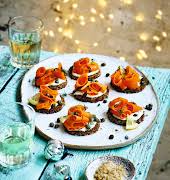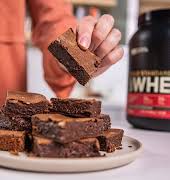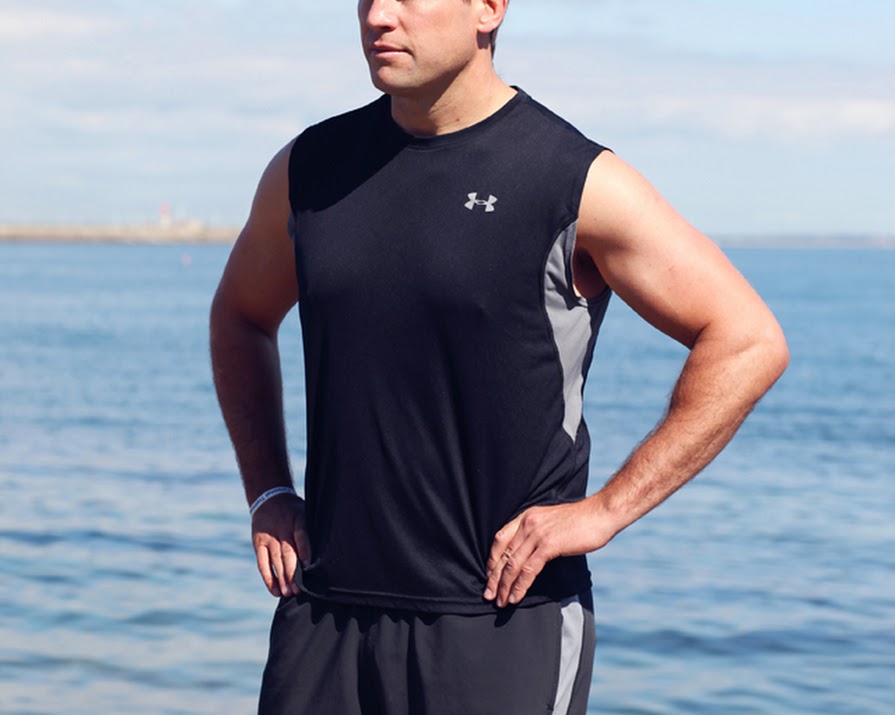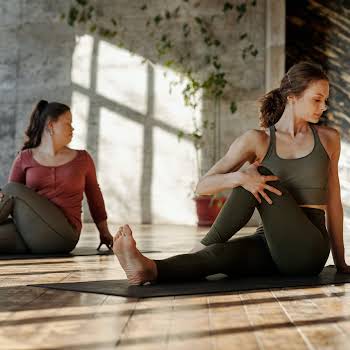
By Ellie Balfe
12th Sep 2015
12th Sep 2015
Damian Hall is a fitness professional and personal trainer with years of experience training both elite athletes and the general public in their drive to reach optimum fitness. Here at IMAGE, we are very excited to have his level of expertise on board, and we vow to quiz him mercilessly on your behalf to figure out what really,?really,?works when it comes to training for your best health and fitness. Today we kick off our first Q&A with him. Watch out for lots more from him on image.ie over the next while as he reveals his tips.
Q: It’s been recommended to me by specialists that I should opt for more resistive training types of exercise than hardcore cardio, are weights the best kind of resistive training or are body weight exercises okay?
A: Resistance with weight exercises are the basis from which all good programs are designed. Having said that, you can get a really effective body weight workout done with great results too. You can incorporate your cardio training with in your workout by putting several resistance exercises together and limiting your rest between sets.?Cardio definitely has an important place in your workout and manipulating your rest and intensity can get you great fat burning results in no time.
Q: Many women fear that doing weights will bulk them out massively, what are your views on this?
This is an extremely common fear that I hear all the time. I can clear this up once and for all – females do not produce nearly the amount of testosterone (the big contributor to building muscle) that males do. It is extremely rare that a female will grow musculature in any way similar to men, unless they are specifically going down the bodybuilding route. It’s ironic though, that women are often being told to lift lighter weights for high reps, when that’s the exact protocol Bodybuilders use to get big muscles. Bottom line, don’t be afraid to lift heavy ladies!
Q: What is best to eat before and after training?
This is a question that divides nutritionists and fitness professionals around the globe.?For me it’s clear cut, as anecdotally it works for me and my clients and I have tonnes of results to prove it.
So for optimal body composition i.e. lowering body fat. I am a massive believer in refuelling with carbohydrate after a workout rather than using carbohydrates to fuel up on before hand.
Here’s why – if we consume ?carbohydrates (rice, banana, potatoes etc) ?pre-training, being the bodies preferred source of fuel substrate, what do you think the body is going to use for energy? The carbohydrate of course, as it is going to convert to sugar and be used for energy because its the most readily available energy source.
So with all my coaching clients and personal training clients, I get them to begin a protocol of taking in fat before training to teach your body to use fat for energy and refuel on carbohydrate after training to replenish used energy/glycogen stores.
If, of course you are competing in longer length activities I would recommend a slightly different protocol adding certain types of carbohydrate such as sweet potato and basmati rice pre-session.
For your everyday fitness enthusiast partaking in exercise classes to drop fat, try a fresh coffee with a tea spoon of organic coconut oil pre-training, and watch your energy levels go through the roof and fat levels drop in a week or so! For post training try some porridge oats, sweet potato or quinoa to restore your energy stores, and have you ready for your next workout without needing to fill up on carbs before hand!
Q: Is there a better time of day to exercise?
I think this is predominantly a personal choice. Some people are early birds and others night owls. ?What ever floats your boat is going to motivate you more to to train. From a metabolism point of view, the morning is better, for three reasons:
1) Having your metabolism cranked up for the day is going to help you burn more calories by just carrying out your daily routine.
2) Having that feel good factor and the endorphins release early is going to help you stick to your meal plan and put you in a great mood for the day.
3) There is also the issue of having the workout hanging over you for the day! This can cause some people to dread it as just ‘another thing they have to do’. ?You are more likely to find an excuse during the day not to exercise that evening.
Q: How soon before exercising should you eat?
Again, when you eat is a personal preference. ?Some people can eat a large meal before exercise and be fine, others (like me) can’t, and prefer not to eat much before as having?the feeling of food being in you stomach when training can cause discomfort, give you a ‘stitch?and?cause you to under perform. Others find if they don’t eat before training they?find they?have no energy. ?From a scientific point of view, if you have some light, easily’digested carbohydrate (banana) before training it is likely to give the least’discomfort?and the best?performance.
Q: Should we stretch or not before a run?
It is important that you carry out some form of warm up prior to any running activity. Getting the heart rate up slightly ?through a low impact movement such as walking, squatting or lunging ?is going to help prevent injury. If it is a slow run you are about to embark on, some mobility work and holding some short static stretches is your best bet. ?There is no reason why you would have to hold stretches for more than 3-5 seconds. If you are aiming for some High Intensity Interval Training (HIIT) ?or more sprint specific sports, some dynamic stretches are going to be more worthwhile .
As well as ?being our new fitness pro, Damian Hall is the founder of Complete Personal Training, stay tuned for our upcoming review of his amazing 8 Week Transformation Programme next week. And if you have any questions for Damian to answer, tweet us @imageie and use the hashtag #imagefitpro.























